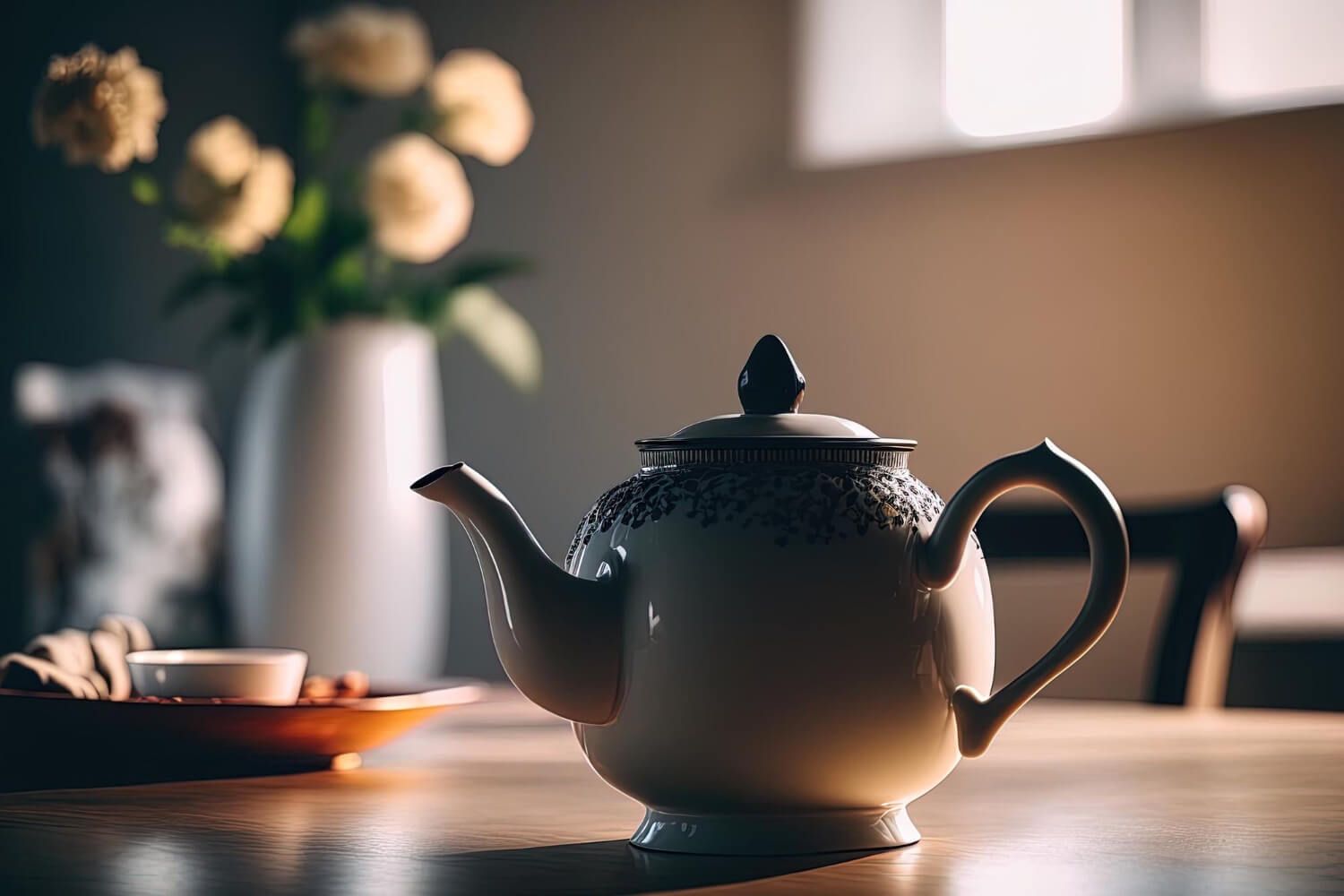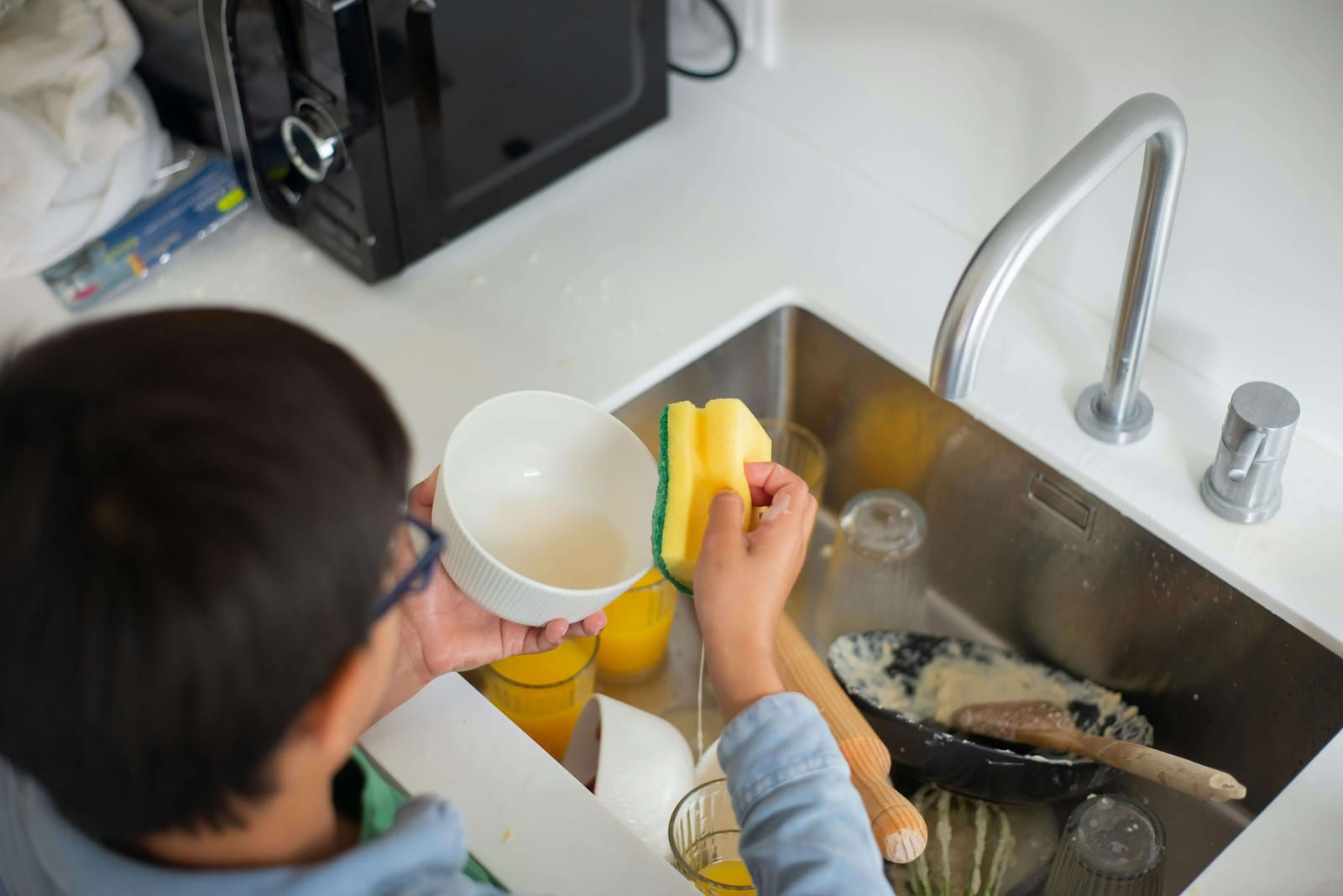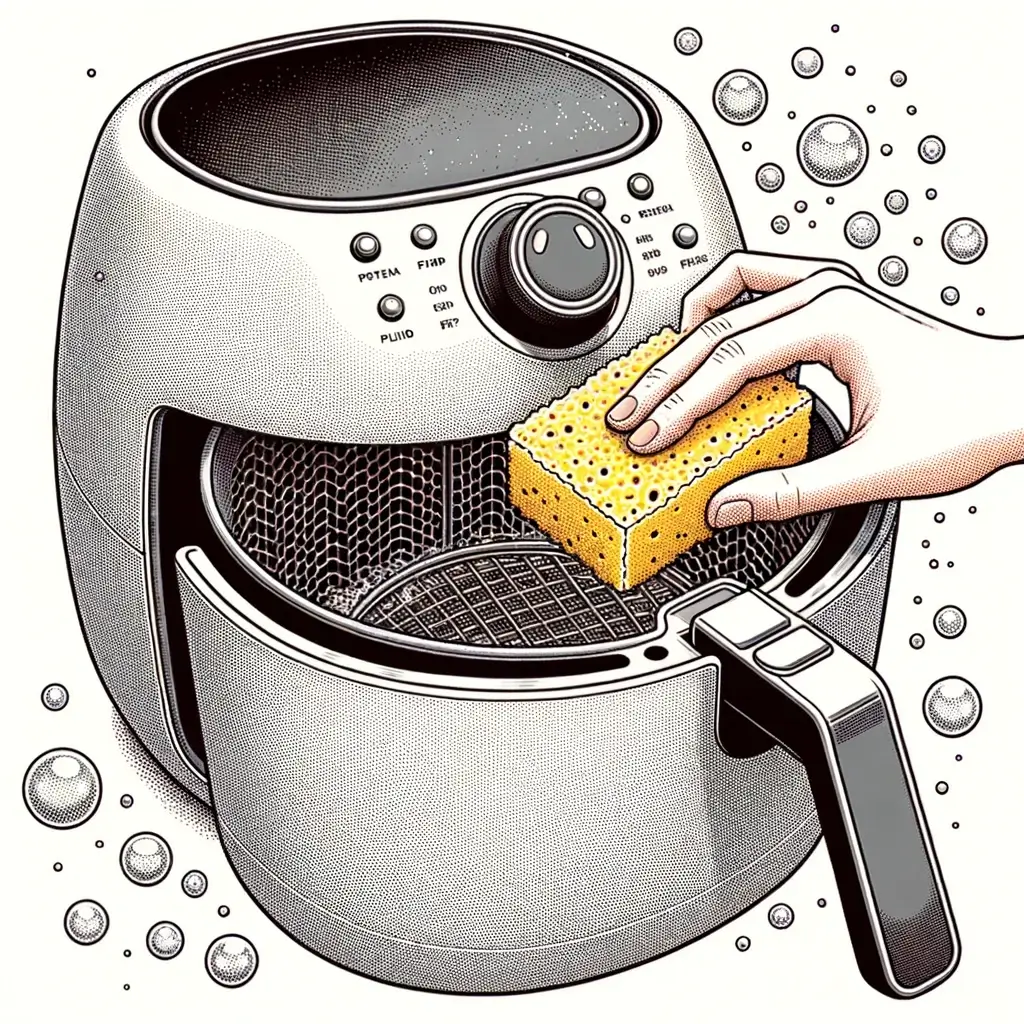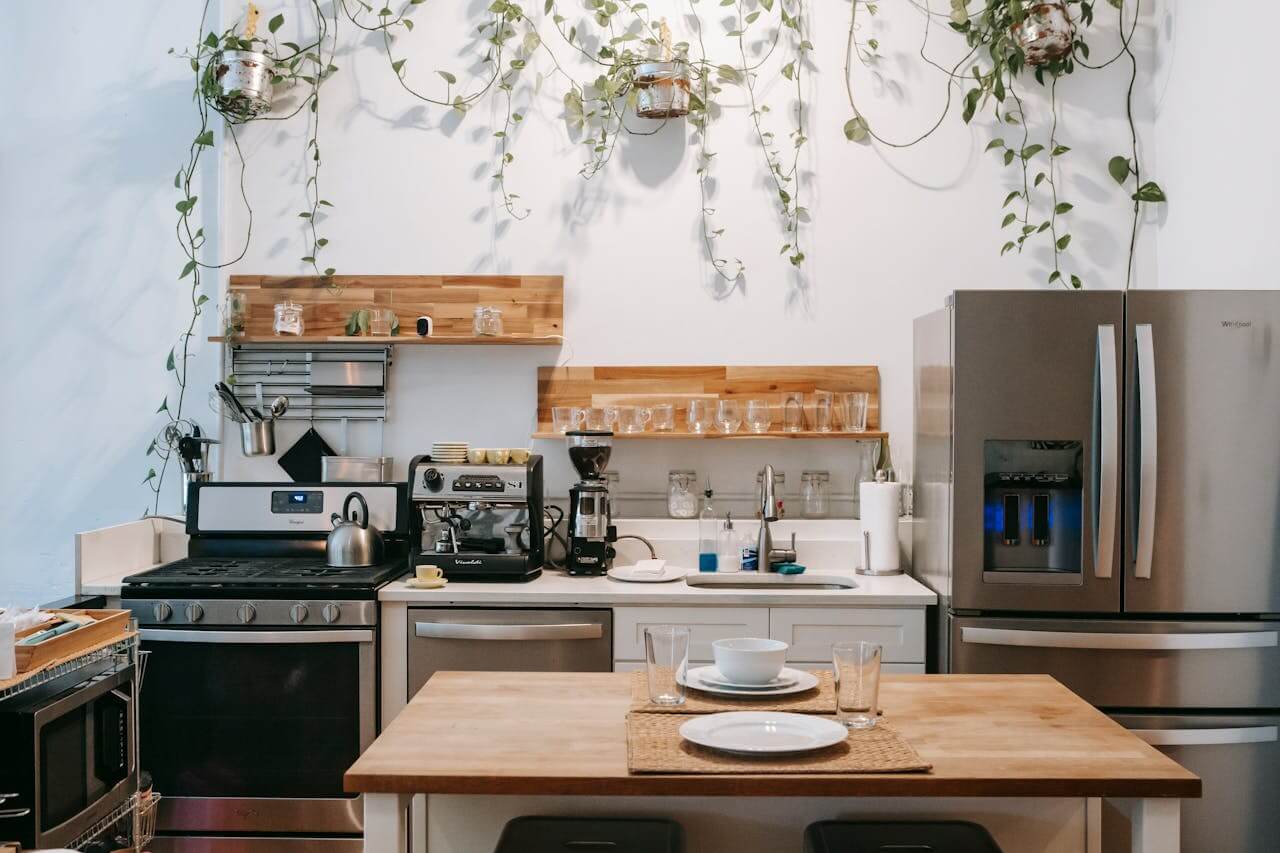The material of your tea kettle can significantly influence the taste of your tea and the longevity of the kettle.
This micro-post explores the pros and cons of different tea kettle materials, including stainless steel, copper, cast iron, glass, enamel, aluminum, and plastic.
In This Article
- Stainless Steel Tea Kettles
- Copper Tea Kettles
- Cast Iron Tea Kettles
- Glass Tea Kettles
- Enamel Tea Kettles
- Aluminum Tea Kettles
- Plastic Tea Kettles
- Conclusion
- Frequently Asked Questions
- Further Reading
Stainless Steel Tea Kettles
Stainless steel is popular due to its durability, affordability, and sleek appearance. It is resistant to rust and stains, making it easy to clean and maintain.
However, some people may find that water boiled in a stainless steel kettle has a slightly metallic taste.
Copper Tea Kettles
Copper tea kettles are known for their excellent heat conductivity, allowing water to boil quickly. They also have a vintage charm that can add a touch of style to your kitchen.
However, copper kettles require regular polishing to prevent tarnishing and may impart a metallic taste to the water.
Cast Iron Tea Kettles
Cast iron tea kettles are highly durable and can retain heat for a long period, keeping your water warm for longer. They are also aesthetically pleasing, often featuring intricate designs.
On the downside, cast iron kettles are heavy and require careful handling to prevent rusting.
Glass Tea Kettles
Glass tea kettles allow you to watch your water boil, which can be quite mesmerizing. They do not impart any taste to the water, ensuring a pure tea flavor. However, glass kettles are fragile and can break easily if dropped.
Enamel Tea Kettles
Enamel tea kettles are typically made of steel or aluminum coated with a layer of enamel. Enamel tea kettles are available in a wide range of colors and designs, adding a fashionable touch to your kitchen.
However, the enamel coating can chip over time, exposing the underlying metal.
Aluminum Tea Kettles
Aluminum tea kettles are lightweight and heat up quickly. They are also relatively inexpensive.
However, there are concerns about aluminum leaching into the water, especially when boiling acidic liquids.
Plastic Tea Kettles
Plastic tea kettles are lightweight and affordable. They also come in a variety of colors and designs.
However, there are health concerns about chemicals from the plastic leaching into the water, especially when the kettle is exposed to high temperatures.
Conclusion
Choosing the right material for your tea kettle depends on your personal preferences and needs. Consider factors such as durability, heat conductivity, maintenance, and potential health risks when deciding.
Frequently Asked Questions
What is the best material for tea kettles?
The best material for a tea kettle depends on your personal preferences. Stainless steel and copper are often chosen for their robustness and heat conductivity, while glass is favored for its ability to provide a pure tea flavor.
What materials are used to make a kettle?
Kettles are made from various materials, including stainless steel, copper, cast iron, glass, enamel, aluminum, and plastic.
What are tea kettles made of?
Tea kettles can be made of stainless steel, copper, cast iron, glass, enamel, aluminum, or plastic. Each material has its own pros and cons.
Is metal or plastic better for a kettle?
Metal kettles, such as those made of stainless steel or copper, are generally more durable and heat-conductive than plastic kettles. However, plastic kettles are lightweight and often more affordable.
Further Reading
- Maintaining Safety with a Glass Top Stove Tea Kettle: Learn about the safety measures and maintenance tips for using tea kettles on glass stoves.
- Mastering Tea Brewing on a Glass Top Stove: Discover the art of brewing the perfect cup of tea using a kettle on a glass stove.
- Looking to keep your glass stovetop in pristine condition? Learn about the habits to avoid by reading the article "8 Habits That Can Ruin a Glass Stovetop" on Allrecipes.
- If you're looking for the best tea kettles for a glass top stove, check out our article on the best tea kettles for glass top stoves.



